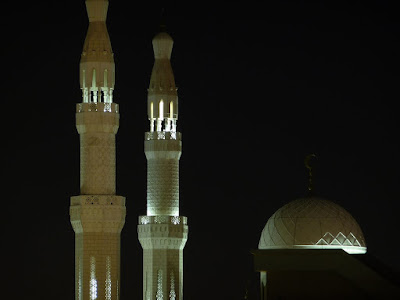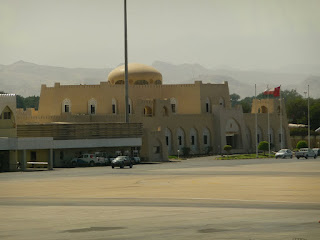1. The greatest thing that the British got from the Indians was tea.
2. The greatest thing that the British did for themselves while they ruled India was develop India Pale Ale for their troops.
3. The greatest thing that the Indians got from the British was cricket.
For the American readers, cricket does not refer to the soothing insect that chirps after twilight and is great bait for trout. It is a sport that is played with a bat and a ball. It never caught on in America, perhaps because it is akin to slow baseball. It is hard to imagine anything slower than baseball. A British pundit described the American reaction to cricket as "How can I hit the ball when I'm so busy eating grits and seeing my psychologist?".
The Indians and Pakistanis are absolutely passionate about cricket and have brought their love for the game wherever they have settled. When we first acquired satellite television in America, we inquired about the pay-for-view sports packages. The salesman for the broadcast company informed us that the most popular package by far had nothing to do with the NHL, NBA, NFL, or NASCAR. It was cricket.
The photo illustrates a typical cricket game in the Emirates. This is an empty lot on the side of the Emirates Highway in Sharjah. Every Friday, this pick-up game is played in the morning. The Indian workers in my company play every day at lunch. Apparently, all that is required is a strip of hard ground for the pitch and a patch of desert.
My British and Aussie mates talk a good game of cricket. There has been much vocalizing recently while the UK has been shellacking the Australians during the Twenty20 World Cup. They hold strong opinions but during my time here, I have never witnessed ex-pats from the UK or Down Under playing the game.
If you are interested in the nuances of the game, I refer you to Wikipedia where you may learn the differences between 50 over and 20 over matches. If you want to feel the passion of the sport, watch one of the very non-professional games played by Indian laborers. It is a focus of their often poor and dreary lives.
Postscript...Something Cool
This has nothing to do with cricket. I snapped this mediocre-to-poor photograph from the cockpit of the microlight aircraft that I was flying 1000 feet above the Gulf on this unusually clear morning. The white spots are a huge pod of dozens of bottlenose dolphin that were herding fish ahead of them. It was a magical moment!
























